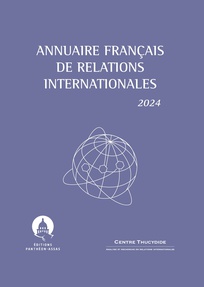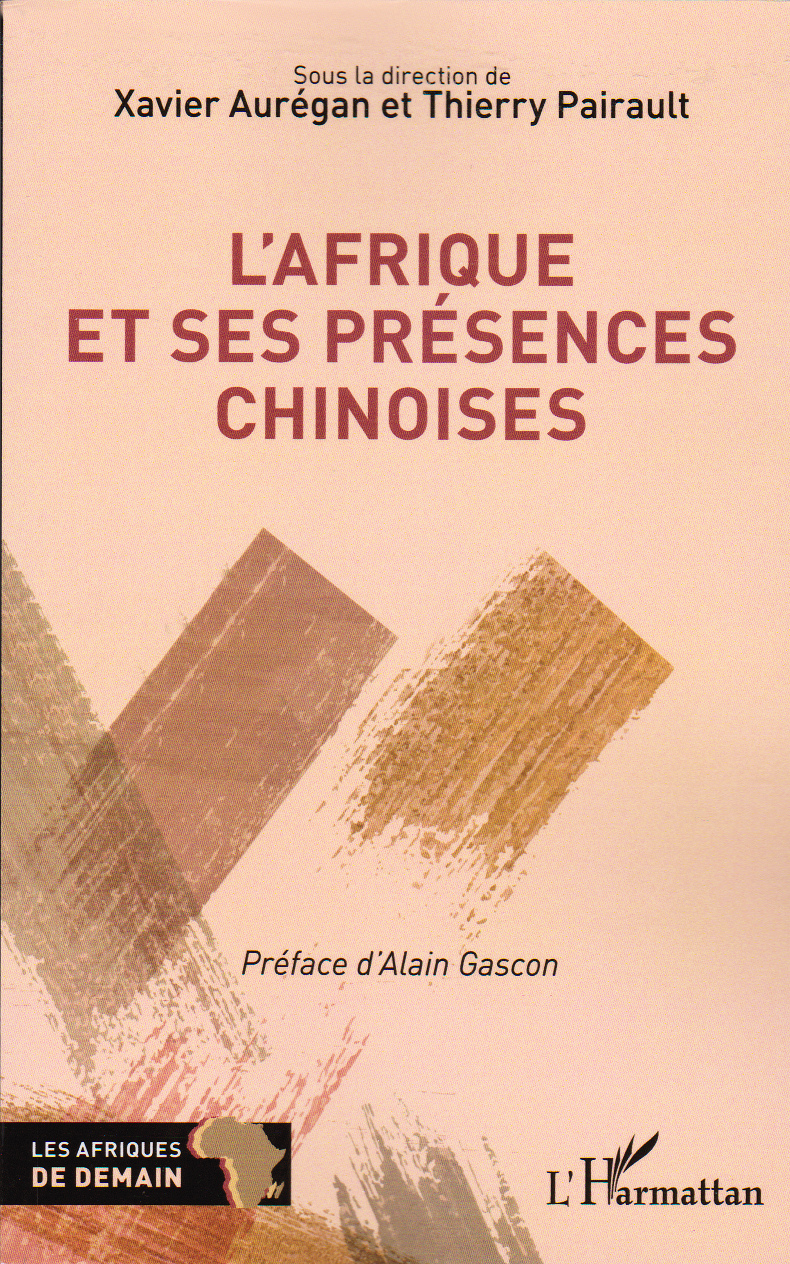Entreprises publiques chinoises en Afrique
Deux références :
- Katy Ngan Ting Lam, Chinese State Owned Enterprises in West Africa – Triple-embedded globalization, Oxford, Routledge, 2017, 184 pages
This book investigates the globalization process of Chinese state-owned enterprises (SOEs) in West Africa, primarily in Benin and Ghana, based on ethnographical studies. It challenges the dominant vision of "a powerful China in Africa", and argues that the so-called "Chinese business advantages" – monolithic Chinese state and Chinese low cost advantages, are non-viable for sustaining Chinese business development in the continent. Considering the Chinese SOEs globalization process in a relational approach, this book examines how the triple embeddedness (Chinese, African and managerial) shapes the Chinese SOEs globalization process over time and space, in diverse dimensions and among different entities – the Chinese state, Chinese SOEs, Chinese expatriates, the African government, African business partners, African staff, and the African society. It illustrates that the Chinese central state has "retreated" deliberately from its SOE globalization in Africa. The Chinese SOEs and Chinese expats are the major actors in initiating and inventing globalization strategies, facing limited Chinese state support and the African neopatrimonial governance and social contexts. Besides, the personal trajectories (from expatriation to social promotion) of Chinese SOE expats interweave with the globalization-turn-localization of their SOEs in Africa. Rejecting the linear, static and binary vision of "powerful China in powerless Africa", the present study thus emphasizes power dynamics in Chinese SOEs’ globalization process are organic and pluralistic though in certain extent hierarchical –"second-class". Time and local relations are key elements constituting the real Chinese advantages for Chinese SOEs vis-a-vis their ultimate competitors – not Western companies, but other Chinese companies.
Lien vers l'éditeur : https://www.routledge.com/Chinese-... ![]()
- Seign-goura Yorbana, « Local Issues of Chinese Direct Investment in Africa: The Case of China National Petroleum Corporation International Chad (2006–2013) », in Rob Van Tulder, Alain Verbeke, Jorge Carneiro, Maria Alejandra Gonzalez-Perez (ed.), The Challenge of Bric Multinationals (Progress in International Business Research, Volume 11), Emerald Group Publishing Limited, 2016, p.629 - 652.
The aim of this chapter is to show how new players in an emerging market, through their multinationals, have strategized and operationalised their international interests. This international context consists of various stakeholders: states, civil society organisations, multinationals, local communities and institutions which define and regulate the power relations. This study highlights how CNPCIC, a Chinese multinational owned by the state, designs and implements its proclaimed ‘win-win’ cooperation strategy with its host country and the local community for an oil extraction project – called the Rônier Project – in southern Chad.
The analysis is based on a case study approach, especially concerning the town of Koudalwa, the oil-producing area in southern Chad. The author conducted qualitative research to collect the data, using ethnographic strategies consisting of field research, interviews with stakeholders. Negative externalities as consequences of practices from CNPCIC underlie environmental degradation, socio-economic conflicts and governance problems, despite the existence of an alleged regulatory framework, the role of which is to avert the ‘resource curse’. Organisations of local and international civil society oscillate between the logic of cooperation, alliance and confrontation with their main stakeholders, CNPCIC and the government.
The ‘win-win’ cooperation advocated by China is implemented in the form of commercial cooperation with full mercantilism where CNPCIC benefits from oil, the Chadian state benefits from oil revenue in the form of royalties and other stakeholders, such as the local communities, only benefit from a fraction of the revenues. The chapter concludes that, within this oil project, CNPCIC developed a corporate diplomacy stance within which, according to the circumstances, predation, philanthropy and strategic alliance are valued at the expense of corporate responsibility despite civil society advocacy for a responsible extraction.
Lien vers l'éditeur : http://www.emeraldinsight.com/doi/pdf... ![]()











